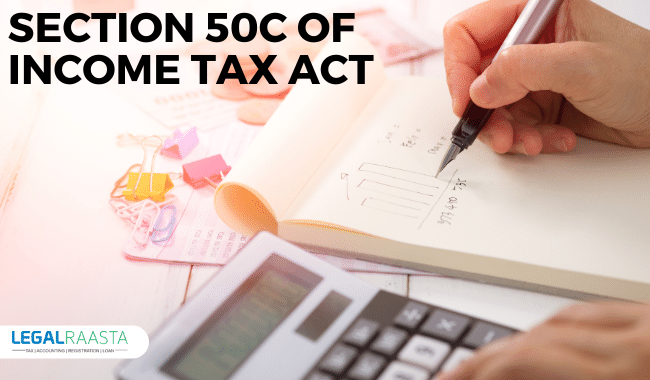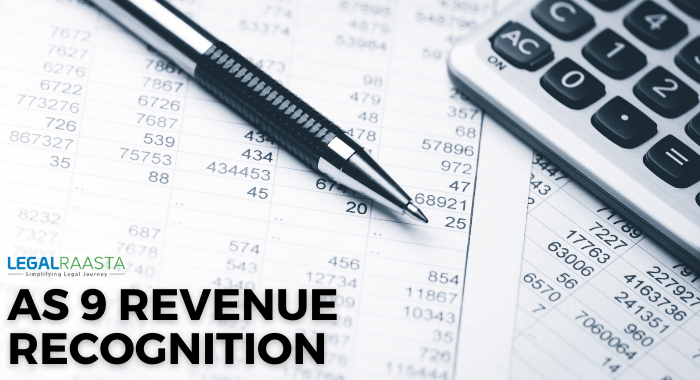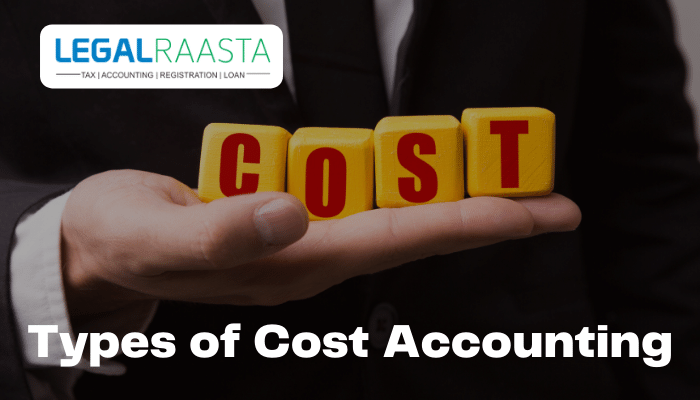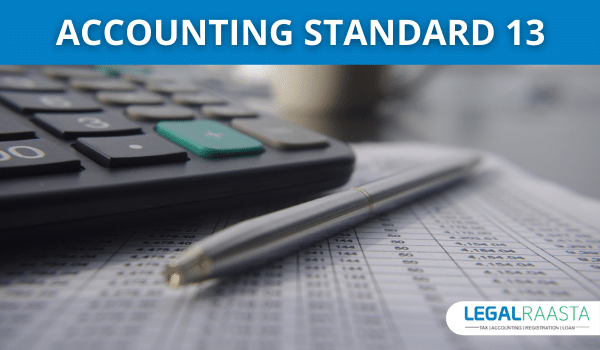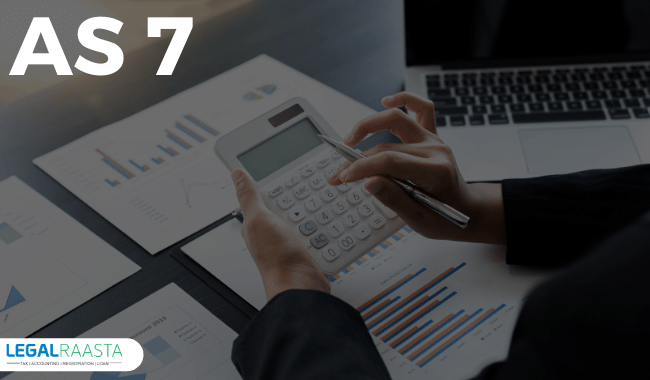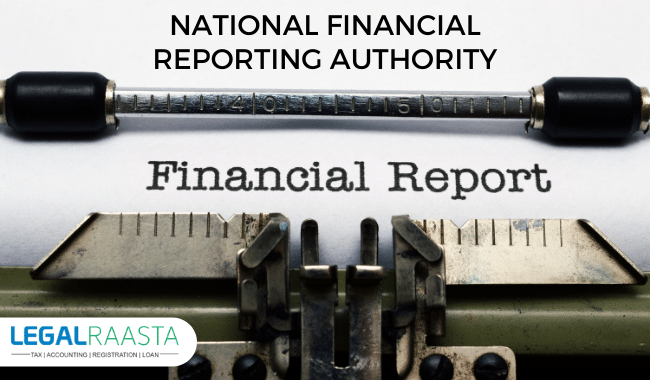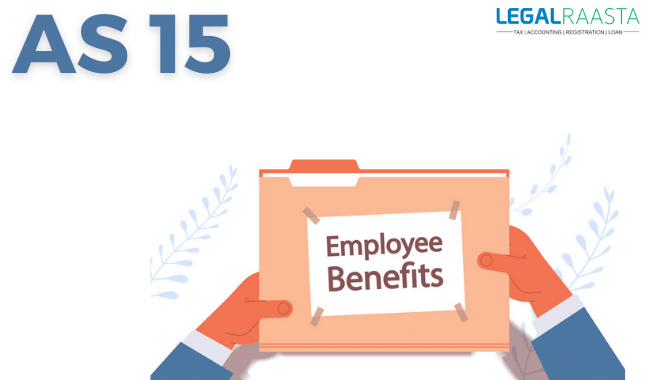Section 50c of Income Tax Act
Due to the country's massive population, there is always a high demand for real estate in India, which usually outnumbers supply. This demand-supply relationship, as well as people's desire to acquire more, causes real estate prices to rise, resulting in significant gains for the seller. Such gains are unlikely to fall outside of the tax rate. Section 50C only applies to land, buildings, or bothWhat is the definition of capital gain?
For taxes purposes, the income tax law has roughly grouped incomes into five different groups. 'Capital gains' is one of the categories. Capital gains are the proceeds from the sale of any capital asset held by the seller. The term "capital asset" refers to a wide range of assets, including real estate. As a result, any profit realized by the owner on the sale of land or a building is taxable as capital gain. Capital gain is taxed on the difference between the sale consideration and the cost of acquisition (indexed cost of acquisition for property or buildings held for more than 24 months). There were certain tax evasion tactics established by parties to the transaction over time, just like any other tax provision, in capital gain taxation of land or building. People began understating the value of properties in sale agreements and paying a large portion of the consideration in cash to decrease the seller's tax liability, resulting in a loss to the government and unaccounted black money in society. To combat widespread real estate undervaluation and bring unaccounted funds into the tax net, the government enacted Section 50C by the Finance Act of 2002.What does Section 50C involve?
Section 50C only applies to land, buildings, or both. Section 50C uses the value adopted by the Stamp Valuation Authority (SVA) for the purpose of levying stamp duty on property registration as a guide to determine whether the land or building in the sale agreement is undervalued. If the sale consideration received or claimed to be received by the seller on the sale of land, building, or both is less than the value accepted by the stamp valuation authority, the real sale consideration received or accruing to the seller will be the value adopted by the SVA. As a result, the capital gain would be The stamp valuation authority's valuation was reduced by the cost/indexed cost of acquisition. However, Budget 2018 introduced a change to section 50C, stating that no adjustments will be made if the difference between the stamp duty value and the selling consideration is less than 5% of the sale consideration. This was implemented in order to reduce the amount of suffering experienced by legitimate real estate transactions. The Finance Ministry increased the safe harbor rate, which is the percentage difference between the actual selling consideration value and the stamp value of the property, from 10% to 20%.What Happens If the Selling Price Is Lower Than the Stamp Valuation Authority's Adopted Value?
While there may be a variety of genuine reasons for the parties to have a transaction of sale of land or building for a consideration less than the value adopted by SVA, Section 50C only protects the value of the property from fluctuations caused by a significant gap between different stages of the transaction of sale. To further illustrate, there have been occasions in the past where the valuation of an asset on the date of the agreement to sell and the actual transaction differed due to economic factors like demand and supply. In such circumstances, using SVA's value as the selling consideration would put taxpayers through excessive hardship by forcing them to pay tax on something they never received. Section 50C of the Finance Act of 2016 was revised to correct this legal problem. If the date of the agreement fixing the sale price and the actual date of registration of the sale of land or building are not the same, the value adopted by SVA on the date of the agreement can be used as the sale consideration, according to the modification. To qualify for this benefit, at least a portion of the selling consideration must be received by account payee cheque, bank draft, or ECS on or before the agreed-upon transfer date. This amendment provides relief to taxpayers who are involved in the sale of property or a structure, as talks typically take a long period.What if the seller refuses to accept the SVA-adopted value?
There's a chance that SVA's worth doesn't always reflect the Fair Market Value (FMV), or that the seller isn't happy with SVA's value based on elements he knows about. Though stamp duty is normally incurred by the buyer, the buyer may be unconcerned about the SVA value because the amount he will pay in stamp duty is insignificant in comparison to the cost of the transaction. However, it has a significant impact on the seller's income tax, which can be significant depending on the value. If the seller does not pay stamp duty, he is not permitted to challenge or contest the value established by SVA before the valuation authority. Because it is a subject of income tax for the seller, he is able to challenge SVA's valuation and claim it is greater than FMV under Section 50C before the income tax authority, unless the value has already been challenged by another authority or court. In such circumstances, the income tax officer is required to refer the case to a valuation officer, who will establish the market value. While determining market value, the valuation officer must request records/documents from the taxpayer, allow the taxpayer an opportunity to be heard, and issue a written order stating his appraisal. Any value assigned by the valuation officer can be challenged in front of higher authorities.What Happens If the Valuation Officer's Value Is Higher Than the SVA's Value?
A valuation officer is given a reference to determine the market value in order to benefit the taxpayer and save him from excessive hardship. The taxpayer is not harmed as a result of the referral made to the valuation officer. For example, if the SVA adopts a value of Rs 12,00,000 as opposed to the claimed sale consideration of Rs 8,00,000, and the valuation officer determines a value of Rs 15,00,000, the sale consideration under Section 50C will be Rs 12,00,000. In the same example, if the valuation officer determines the value to be Rs 10,00,000, the sale consideration for capital gains purposes will be Rs 10,00,000.Also, read Relinquishment Deed in India: Key Components Real Estate Investment Trust (REIT): How to invest in them

